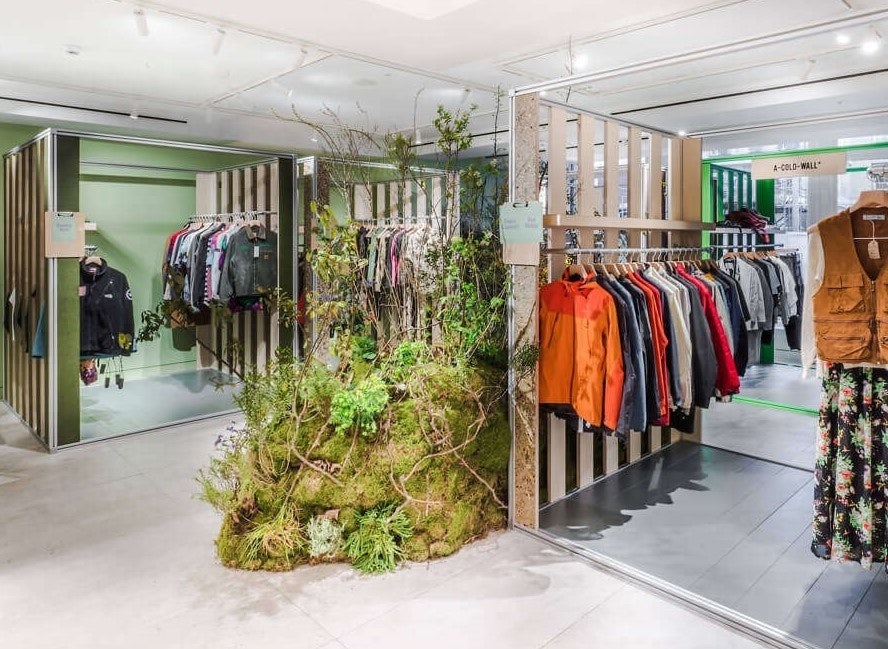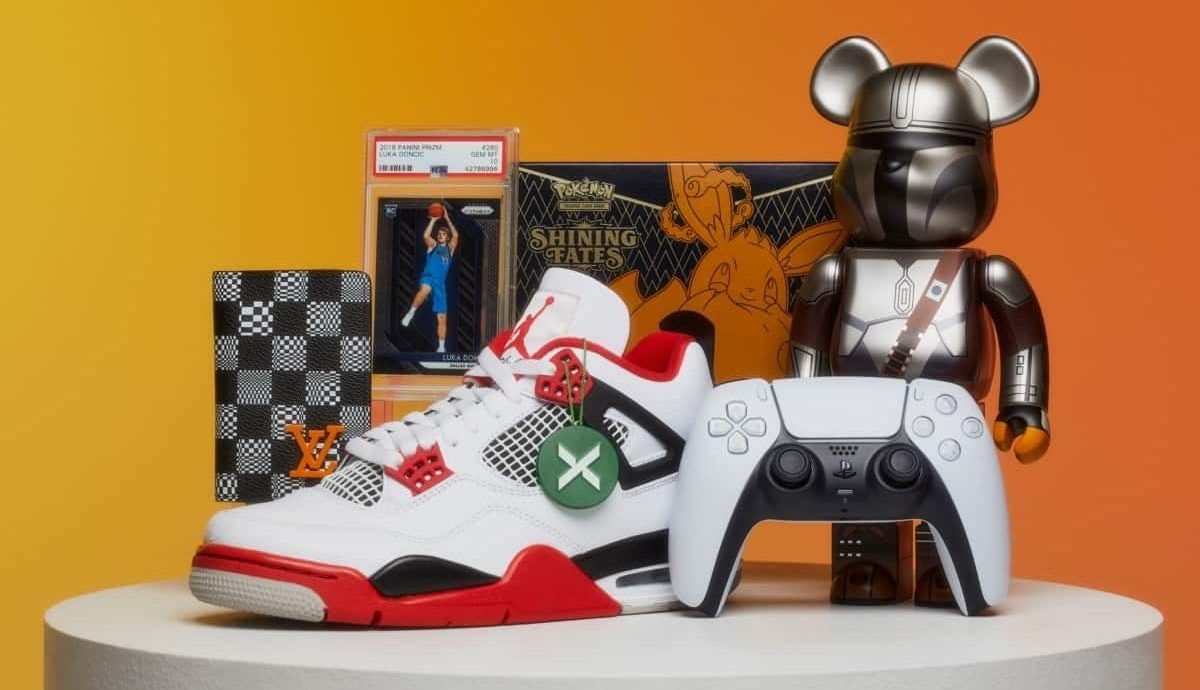The growth of China’s resale market is outpacing traditional retail expansion according to Alison Ho, strategist at trend forecaster WGSN.
“Brands should continue playing an active role educating shoppers and positioning themselves to capitalize on the resale market as it emerges,” she says in an interview with Jing Daily.
Secondhand fashion hadn’t taken off in the country before partly because the mistrust created by the prevalence of counterfeits has made local consumers wary, Ho says, adding that there was low awareness of pre-owned clothing and that these types of items were associated with necessity “born out of economic hardship.”
China produces 80 percent of the world’s luxury counterfeits. In a recent StockX report, the online marketplace said that over the past 12 months it had rejected nearly 90 million worth of products that failed to meet its verification standards, with counterfeits accounting for 20 percent of the rejections.
Though its resale market is expanding, China remains an emerging used luxury goods market — and that’s despite the fact it’s the world’s second largest consumer of luxury goods.
Luxury stores and brands are yet to roll out expansive resale initiatives in China due to a lack of mainstream popularity, unlike in Europe or the US, where retail provides its own resale channels. Also, there’s a comparative dearth of luxury vintage brick-and-mortar stores in China.
Resale sites that have implemented anti-counterfeit policies, such as StockX, Dewu, Plum, Ponhu, and Idle Fish, have gained ground. Chinese Gen Zers and millennials are responsible for much of that growth.
Dewu reported that over 75 percent of its consumers are post-90s and Alibaba-owned Idle Fish says that 35 percent of its users are post-95s.

Green shoots#
There are signs of change, though. Businesses are increasingly betting on the potential of secondhand luxury stores in China. For example, in Q1 2022 secondhand luxury fashion platform Ponhu raised 45 million in Series C funding, and in Q4 the same year, resale platform Plum raised 100 million.
But China still has a lot of catching up to do compared to the West. Most luxury retail stores in the US and UK, from Selfridges to Browns, operate their own resale departments. In 2021, US-based e-commerce company Etsy bought resale trailblazer Depop for 1.6 billion to better cater to Gen Z’s demand for ethical and environmental shopping.

“To succeed, brands should also dive into the key drivers behind the adoption of secondhand shopping,” Ho says.
For those looking to fill the mainland’s resale market gap, here are some crucial factors to consider.
Fan cultures and interest-based communities#
Popularity is driven by interest-based communities in the mainland, Ho notes.
Luxury brands can capitalize on engaging “interest-based communities, including sneakerheads and kidult toy collectors,” she says, “as well as thrift-savvy Gen Z shoppers, who are more attuned to the sustainable values behind resale, and the uniqueness of one-off items that seasonal items cannot provide.”
Given the importance of interest-based communities in China, engaging key opinion leaders (KOLs) is a strategy luxury brands would be well advised to consider.
“Tap into leading community KOLs to drive hype and succeed in interest-based communities,” Ho says.
Idle Fish, for example, has bloomed as a result of celebrity endorsement. Taiwanese actress Joe Chen has an Idle Fish account called “Chen Qiaoen’s nest,” which boasts almost one million fans, and mainland actress Shen Mengchen recently attracted more attention to the platform.
Tapping Chinese KOLs is almost a failsafe strategy due to the country’s robust fan culture.
“For Gen Z, the dual purpose of standing out from the crowd and circular consumption are key behind growing interest in resale,” says Ho. “Both these aspects should be front and center in Gen Z-focused communications for brands to succeed.”


